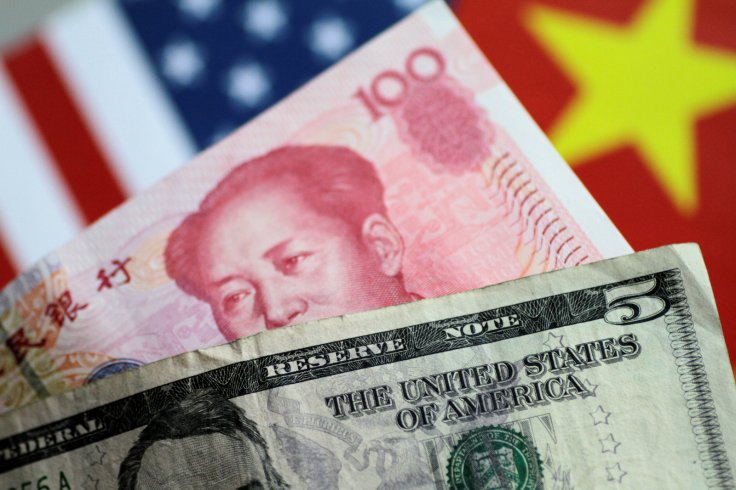The state of China's surveillance has been brought into questioning by many around the world, especially based on human ethics. But the country keeps taking controversial turns while turning a deaf year to criticisms. In another pervasive attempt to control its citizens, Chinese authorities created an app to track down "deadbeat debtors" and it doesn't stop at just that.
The Chinese government's controversial social credit policy now involves public shaming of those who rack up debt. According to China Daily, the Chinese province of Hebei developed an app that can be accessed from the country's popular messaging app, WeChat, to display debt defaulters within 500 meters radius of the user.
The local media stated that the idea behind this controversial app is to allow people to "whistle-blow on debtors capable of paying their debts." The screenshot of the app shows a map with thumbnails of people's location along with their name. It is unclear what other personal information is displayed to help identify the debtors.

"The debtor's information is available to check in the program, making it easier for people to whistle-blow on debtors capable of paying their debts. It's a part of our measures to enforce our rulings and create a socially credible environment," a spokesman for the Higher People's Court of North China's Hebei province, said.
A new social credit system
The app to flag off debtors isn't the only rigorous step the authorities have taken to bring discipline into China's financial trades. A new social credit system is expected to be launched in 2020 that will judge a person based on their trustworthiness and behaviour on public transport. Of the 1.3 billion citizens, anyone with a bad score in the new system could be stripped off some basic necessities such as high-speed internet, access to flights, trains, schools and certain jobs.
But the new system will also reward citizens who do volunteer work or donate blood with "credit points."








